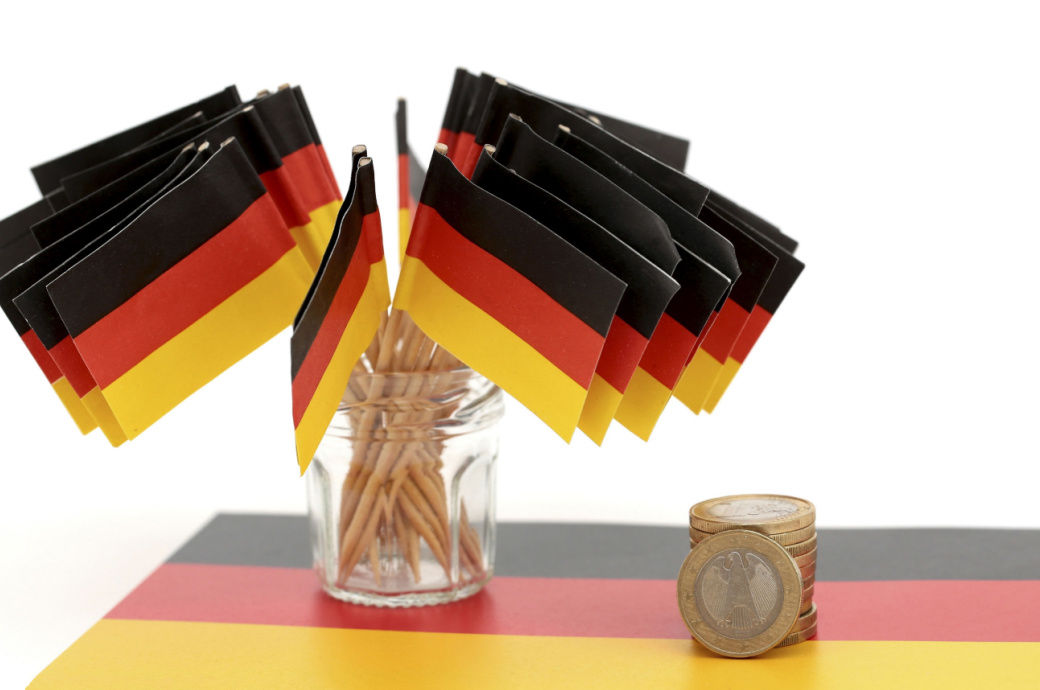
The GDP grew in the first three quarters of last year (0.8 per cent, 0.1 per cent and 0.5 per cent) despite difficult framework conditions in the global economy. For the entire last year, most recent calculations confirmed a year-on-year growth of 1.8 per cent. The calendar-adjusted figure is 1.9 per cent.
The continuing large price increases and the ongoing energy crisis had a negative effect on the German economy towards the end of the year. Household final consumption expenditure and capital formation slowed economic performance.
In Q4 2022, exports of goods and services were down by 1 per cent over the Q3 figure after price, seasonal and calendar adjustment. There was a slightly larger decrease in imports—minus 1.3 per cent.
This was due not only to the difficult international situation, including ongoing supply chain disruptions, but also to the high energy prices, which led to lower trade with chemical products.
The economies of the other large member states of the European Union (EU) and of the EU as a whole also slowed in Q4 2022, Destatis said in a release.
Spain and France recorded slight increases of 0.2 per cent and 0.1 per cent respectively over the Q3 figures, while the price-, seasonally- and calendar-adjusted GDP of Italy dropped by 0.1 per cent.
GDP stagnated in the EU as a whole during Q4 2022 compared with Q3, according to provisional calculations of the Eurostat.
ALCHEMPro News Desk (DS)
Receive daily prices and market insights straight to your inbox. Subscribe to AlchemPro Weekly!